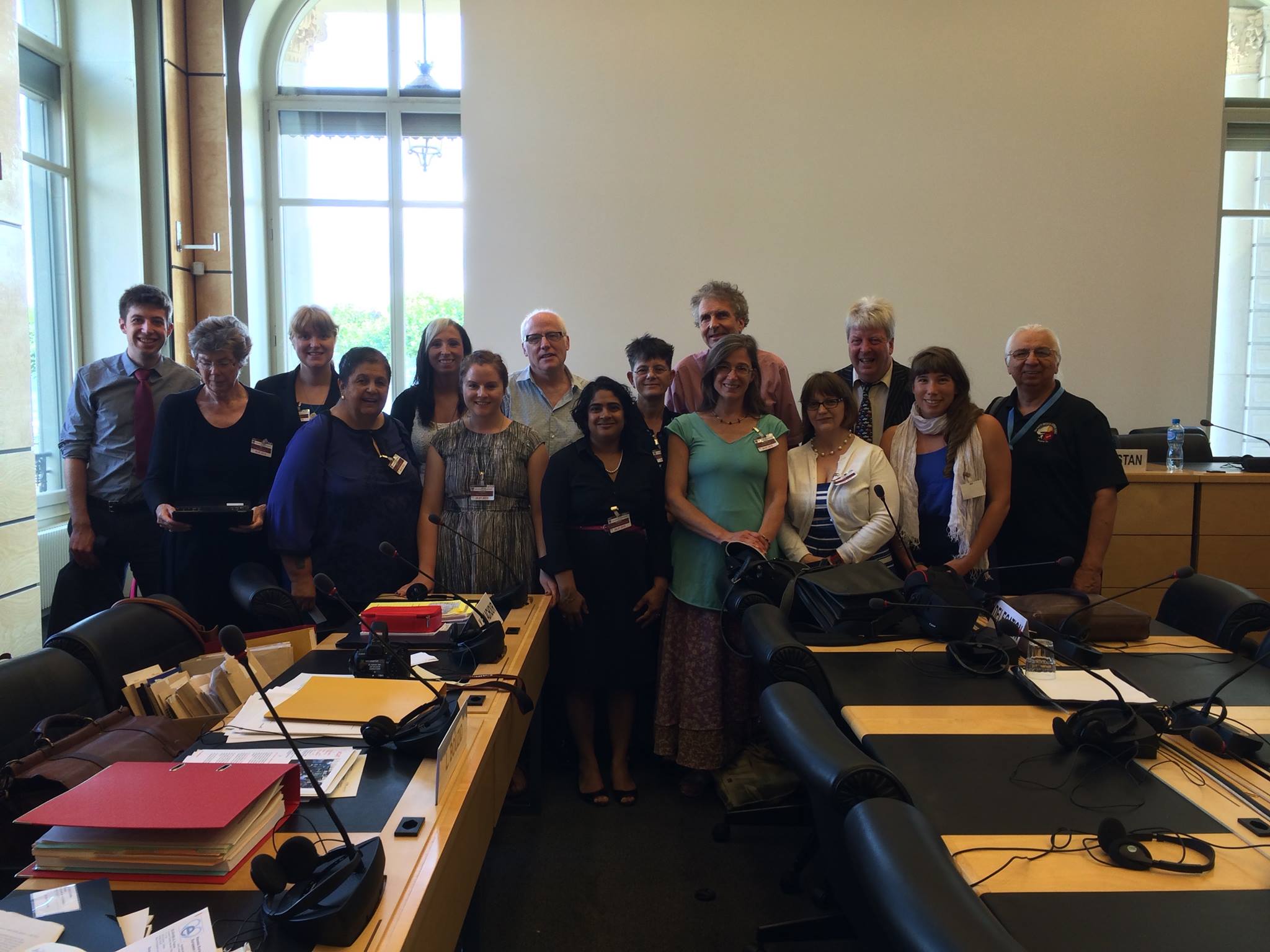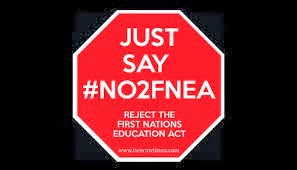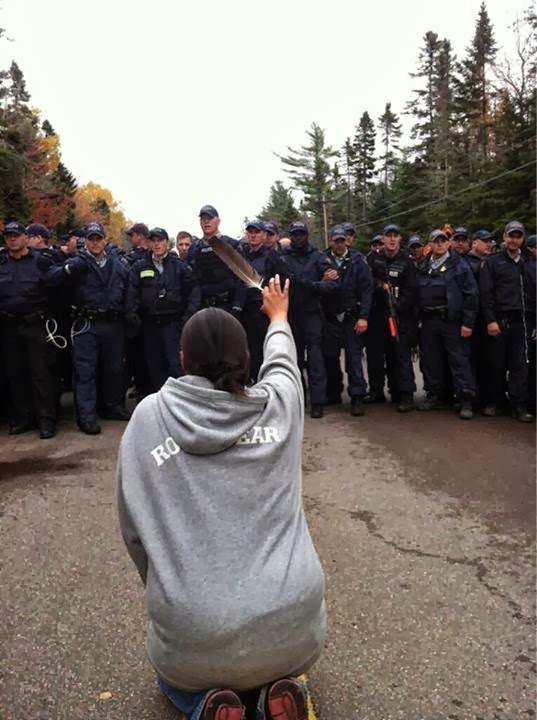This is a blog I wish I didn’t have to write. I wish I could say that now that Canadians have changed their federal government that everything will be ok. But that is not a given. The decade-long reign of terror against First Nations, the environment and democratic rights and freedoms has worn on everyone….
Continue reading…about Harper’s Gone, Now It’s Time to Look Within



